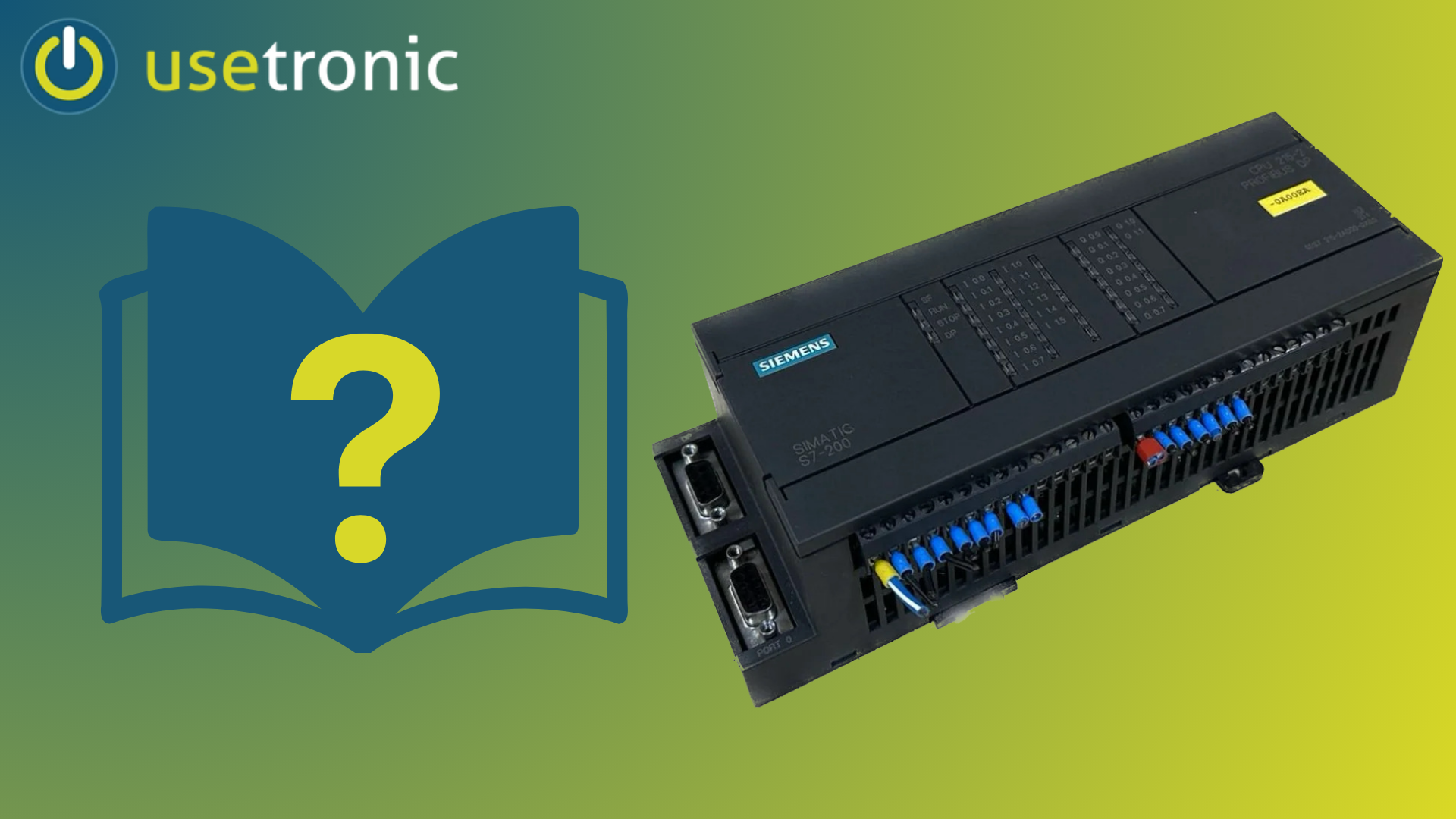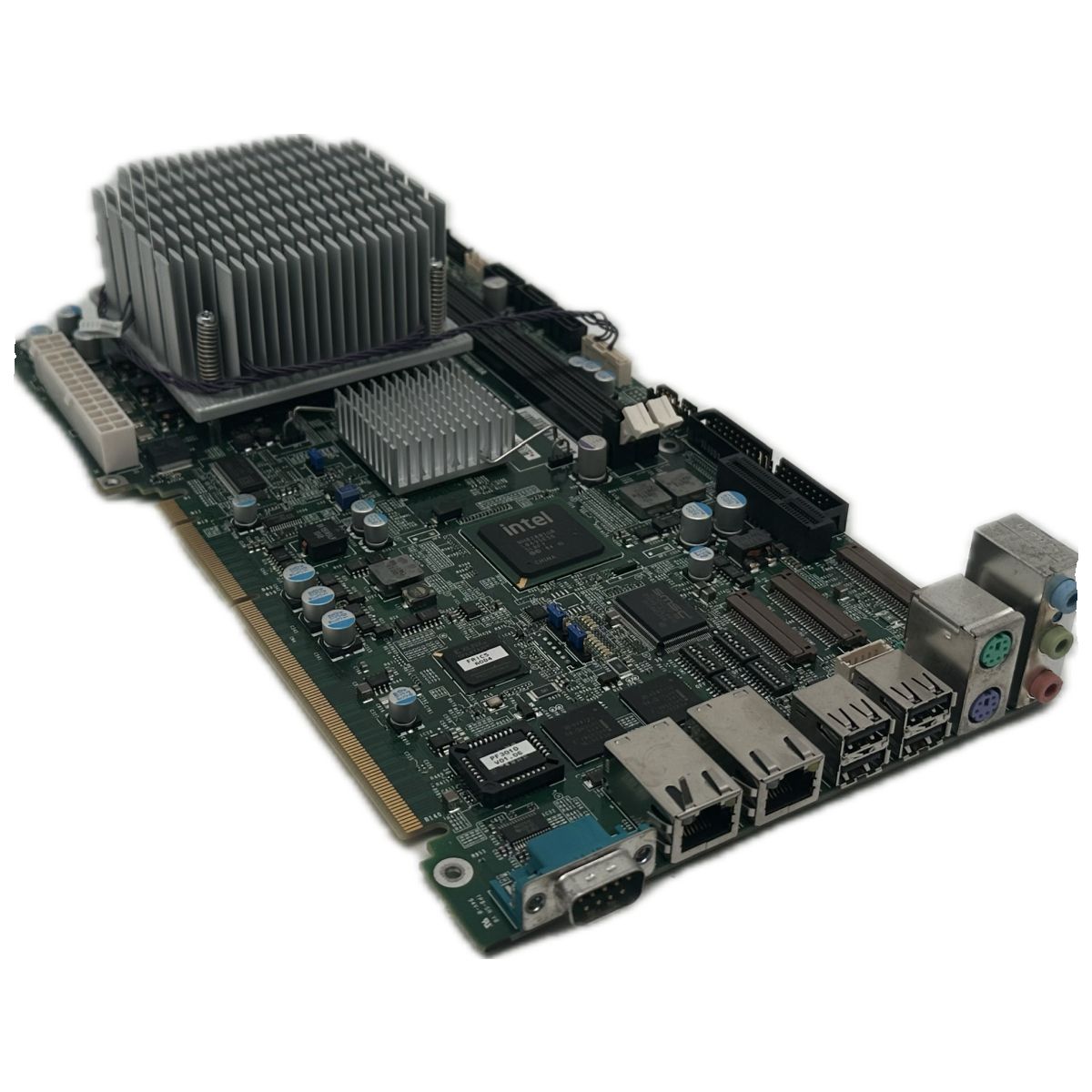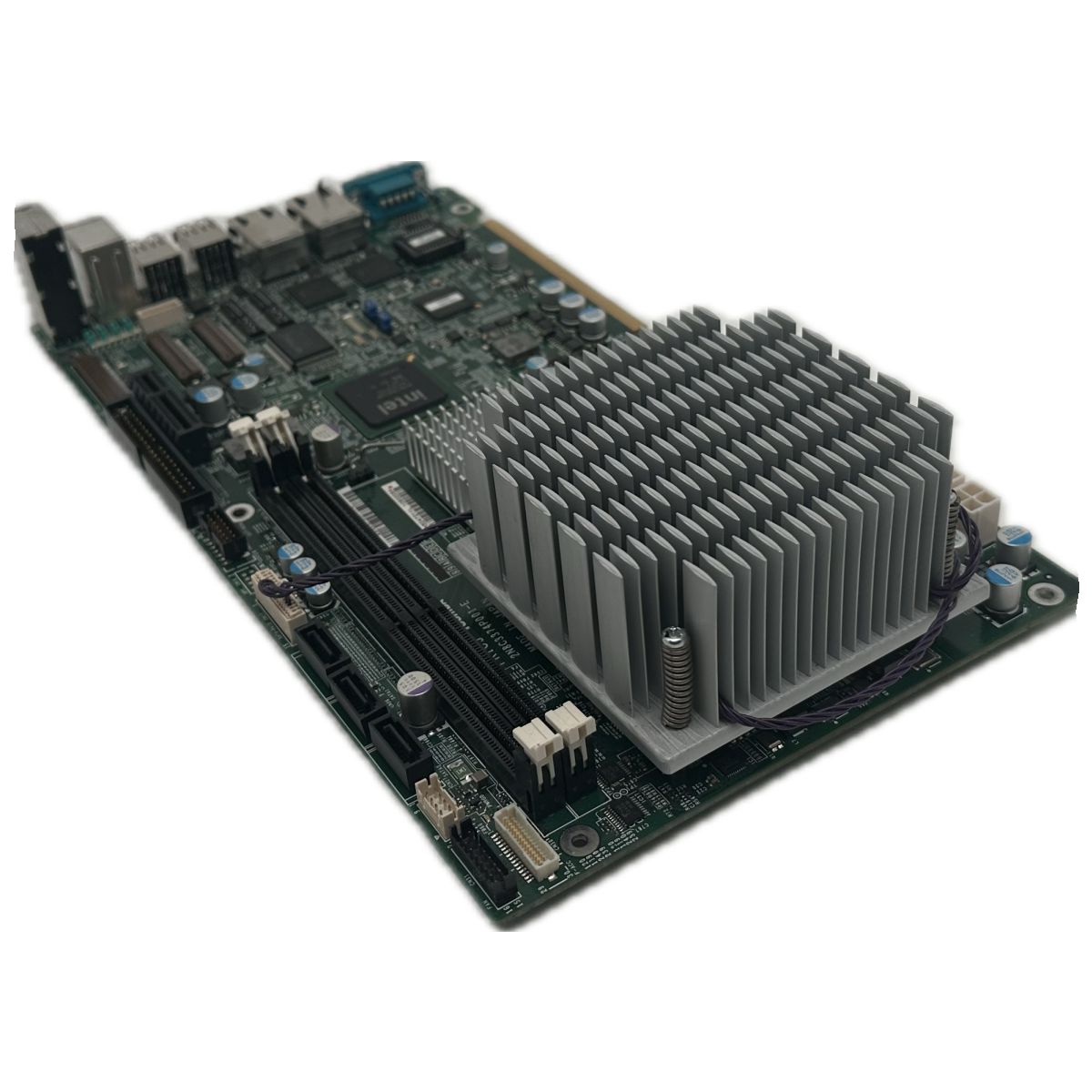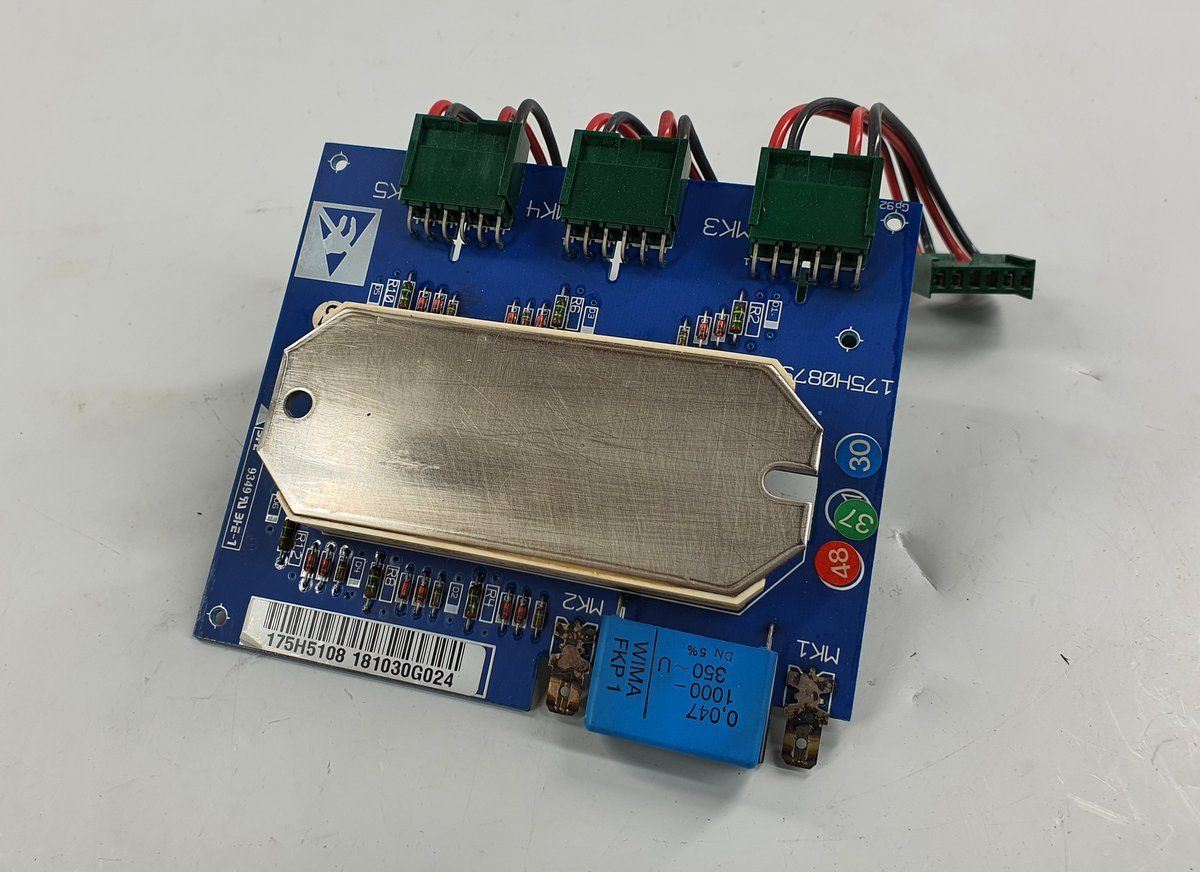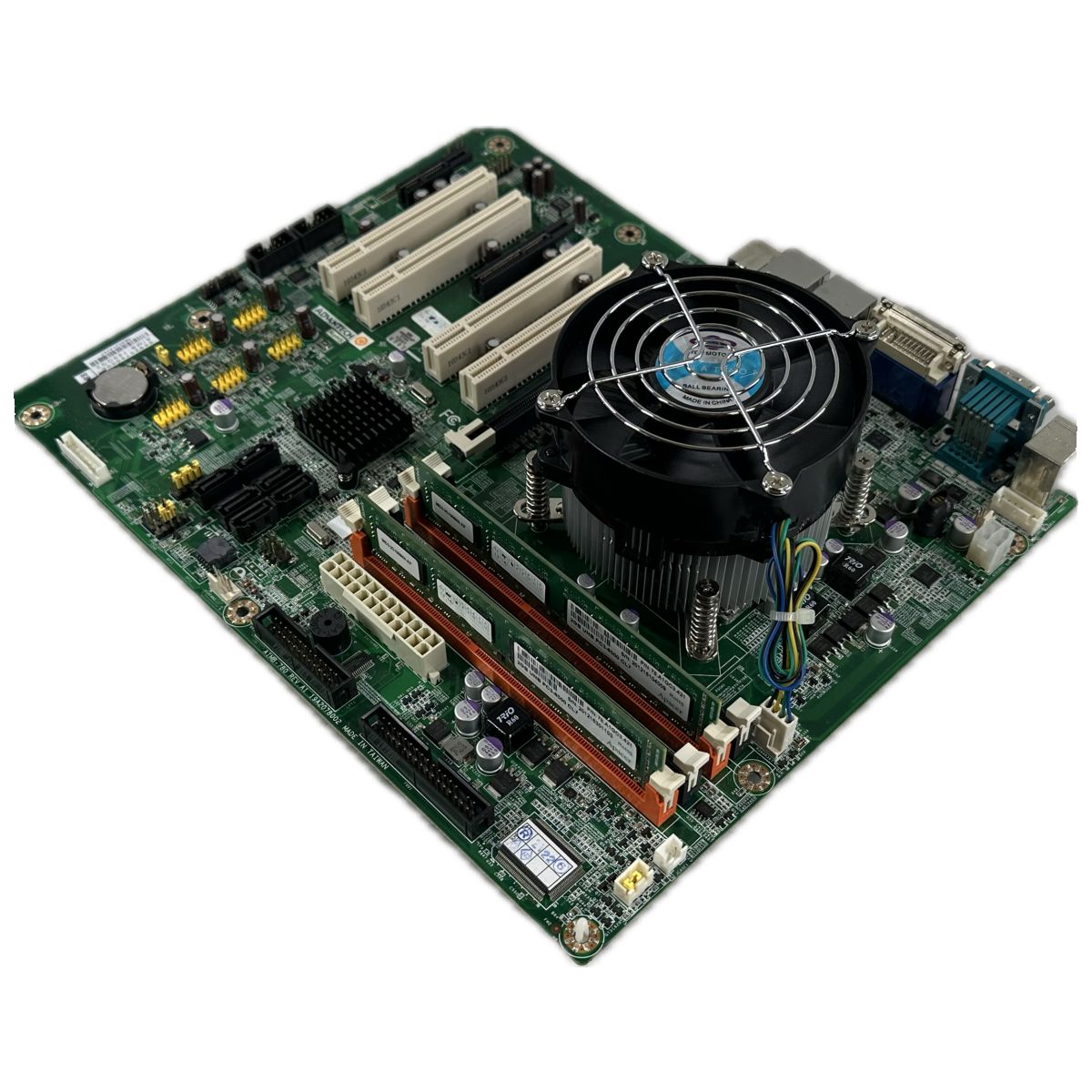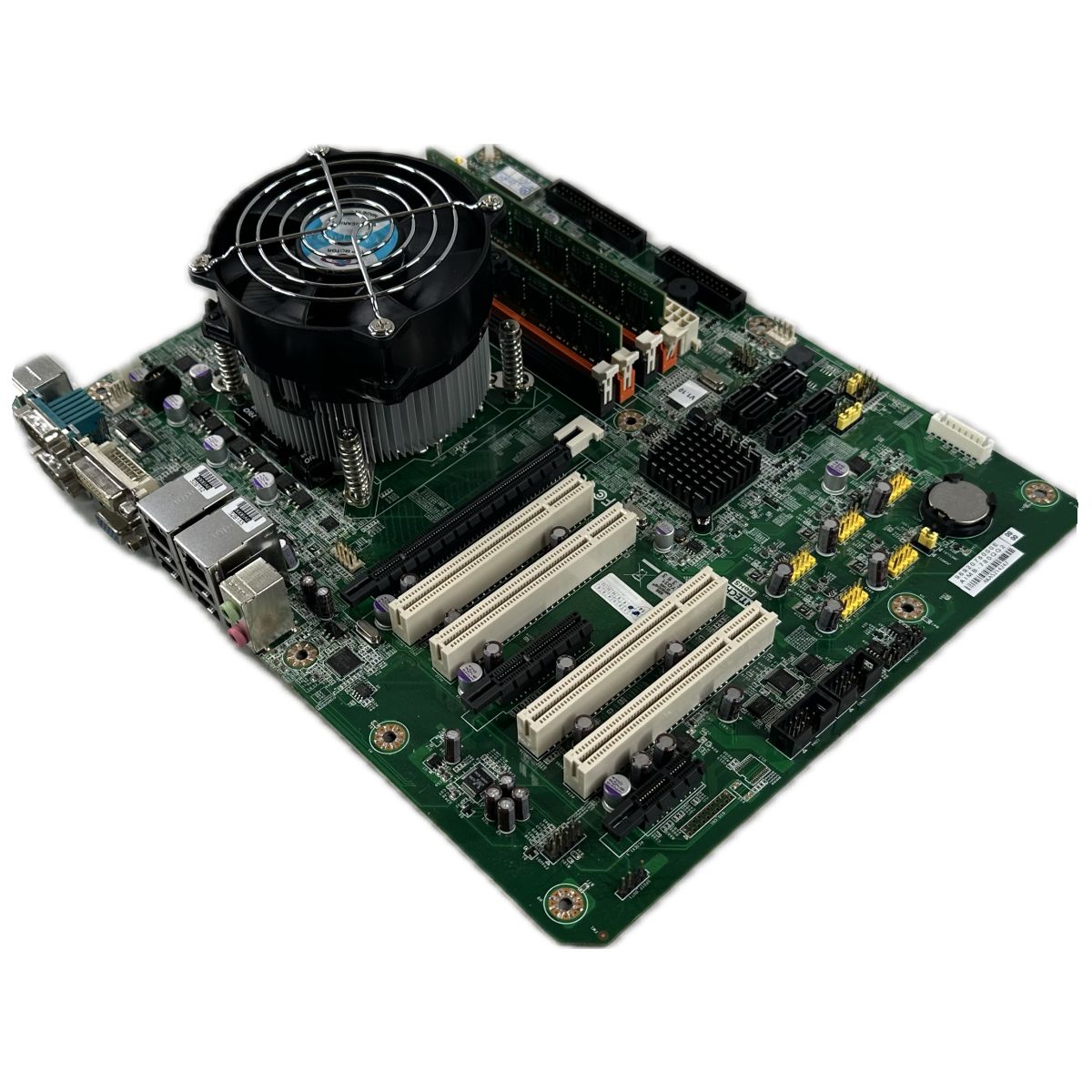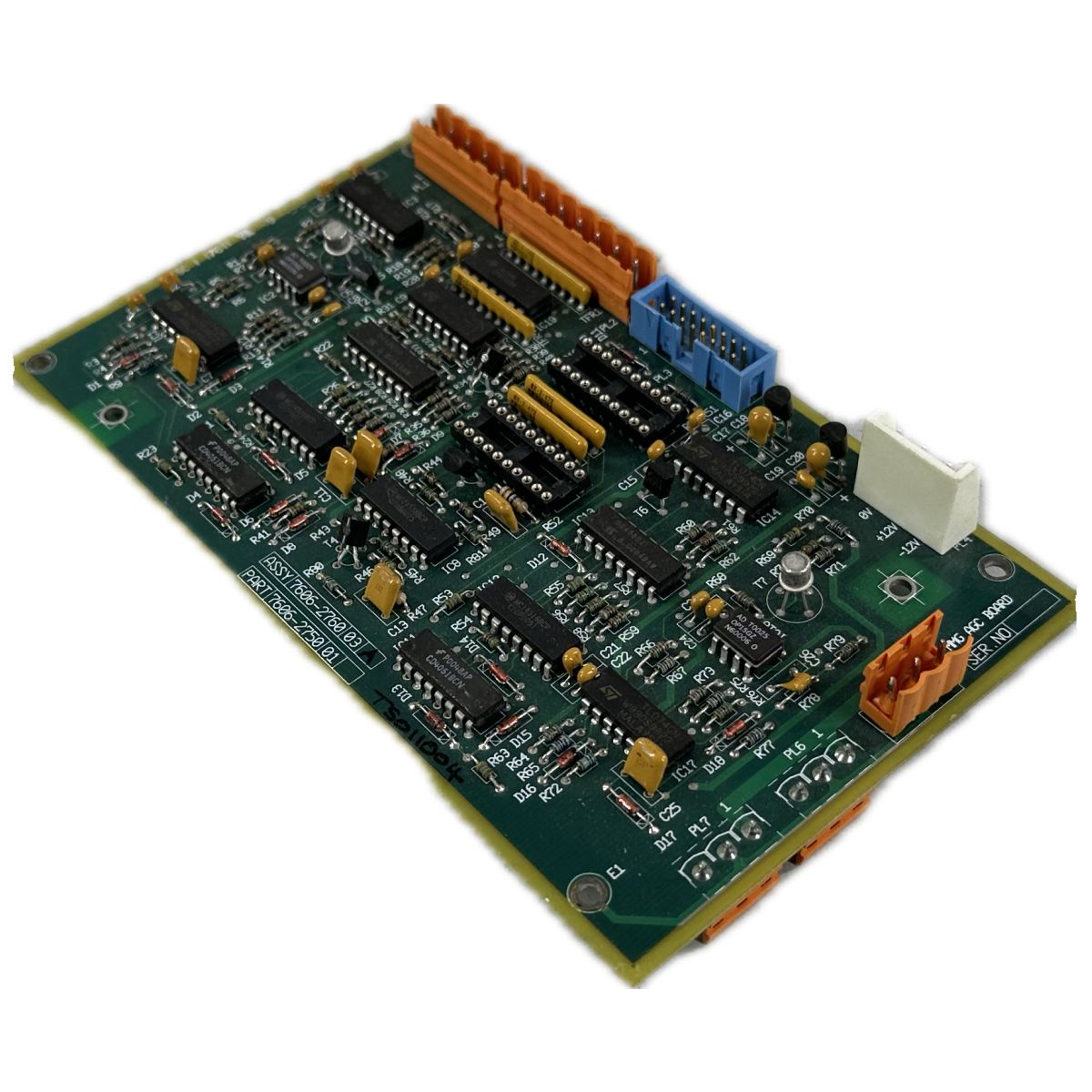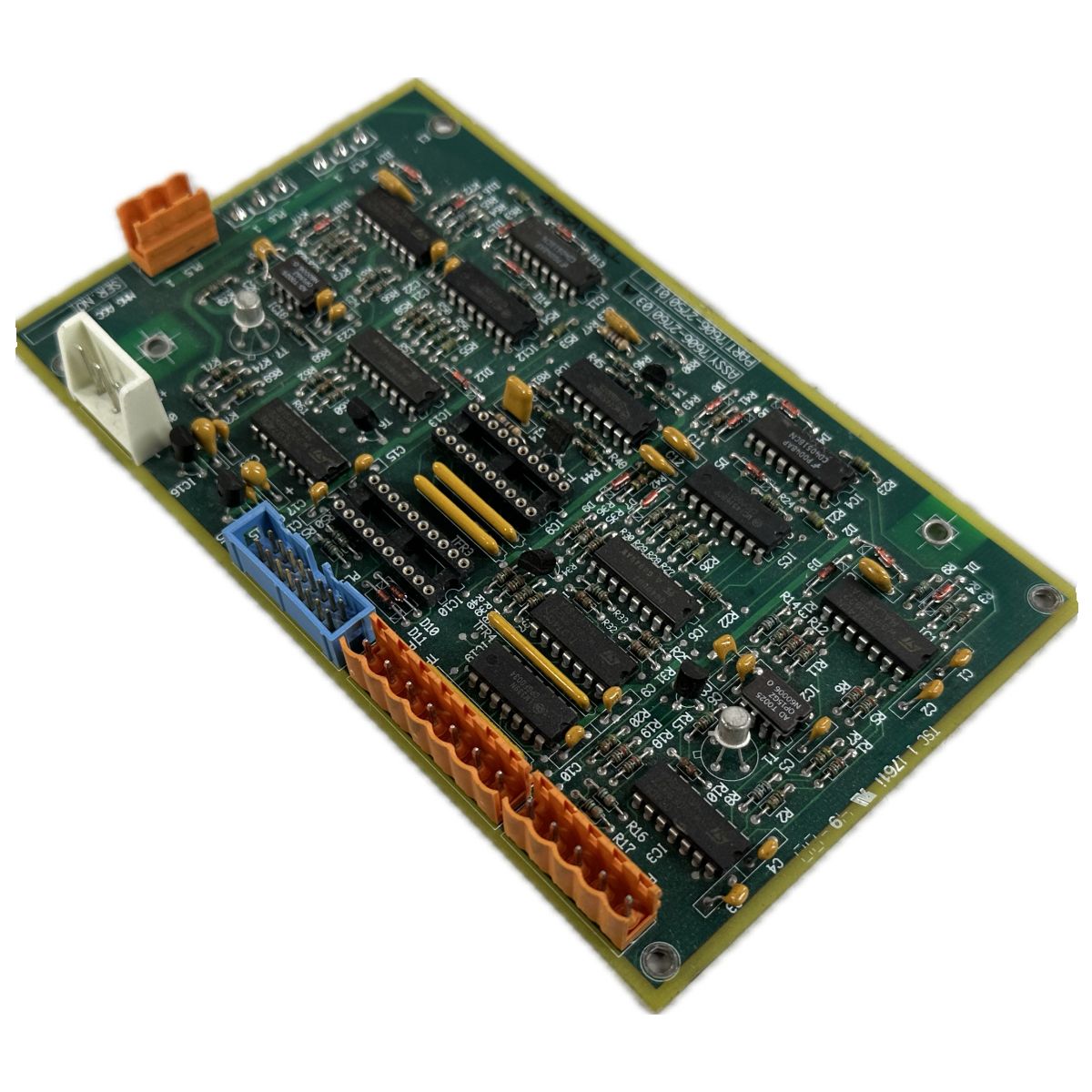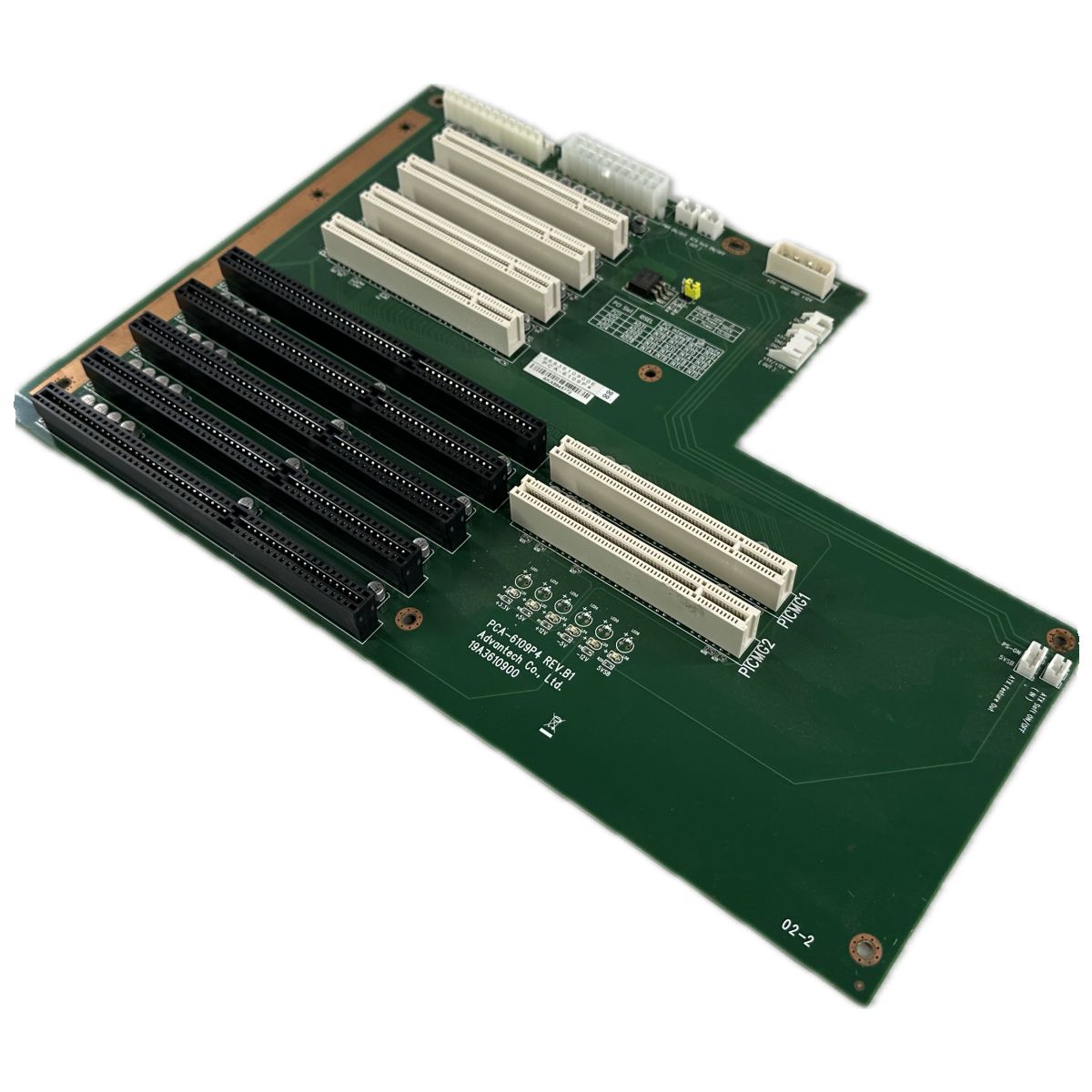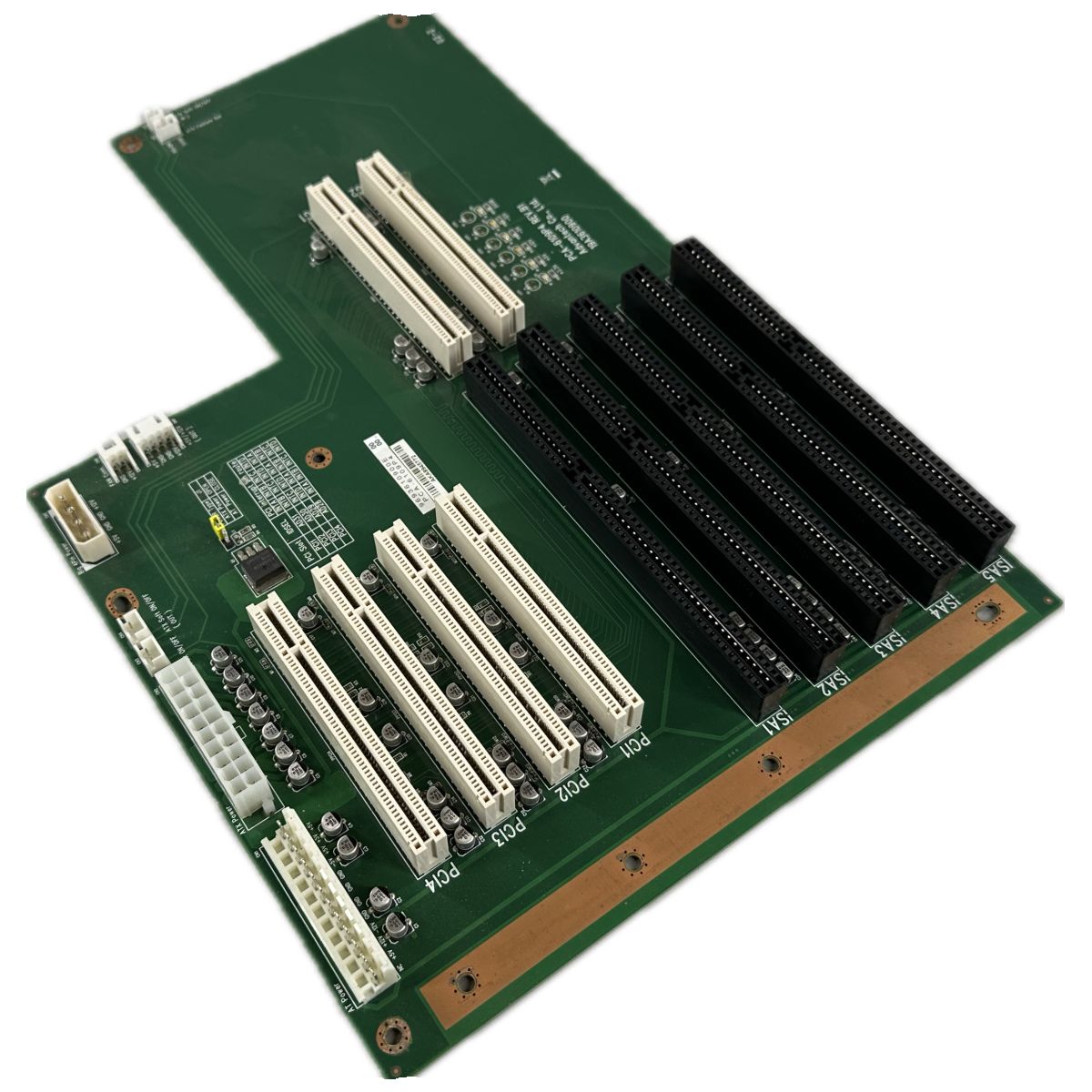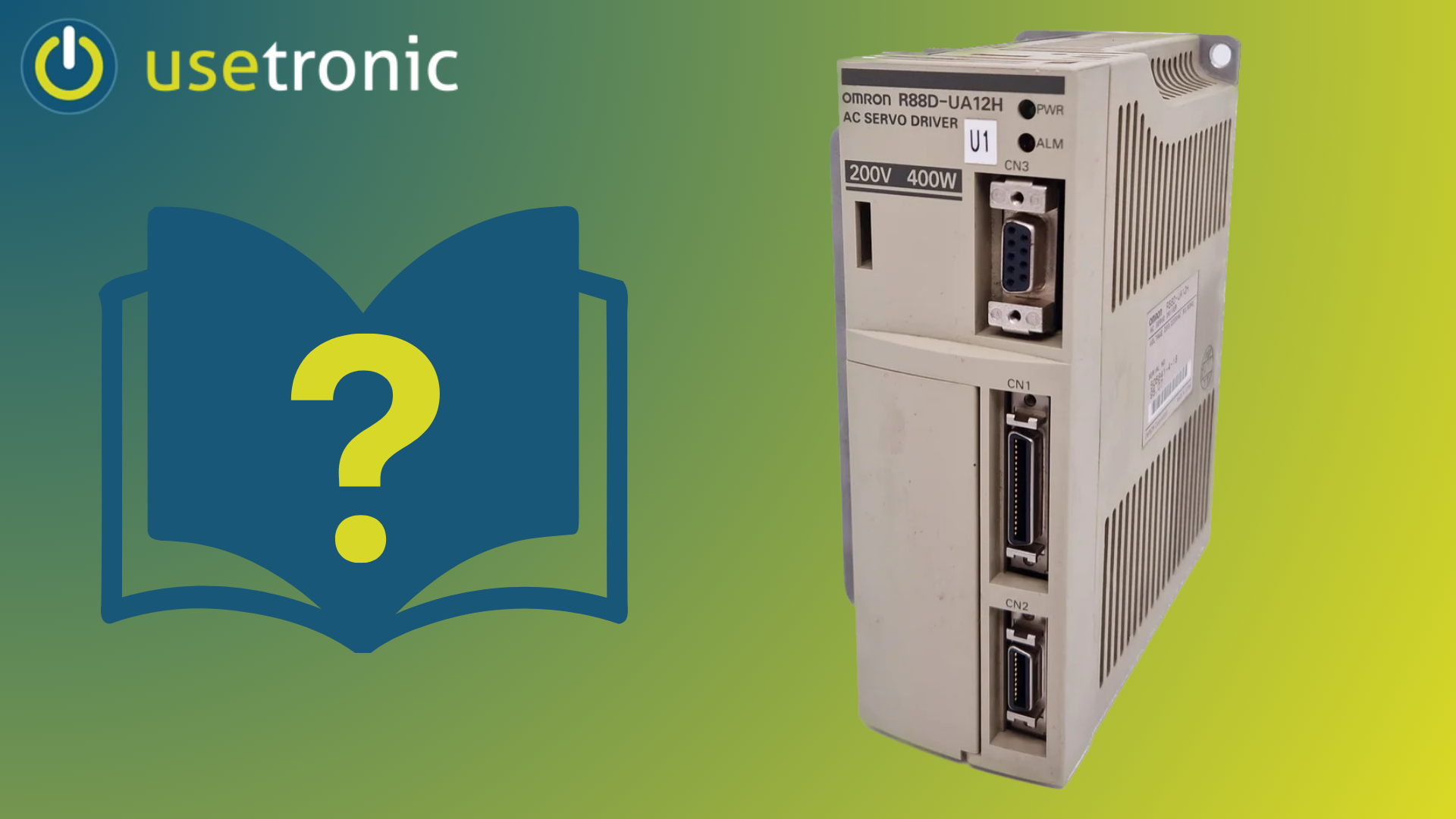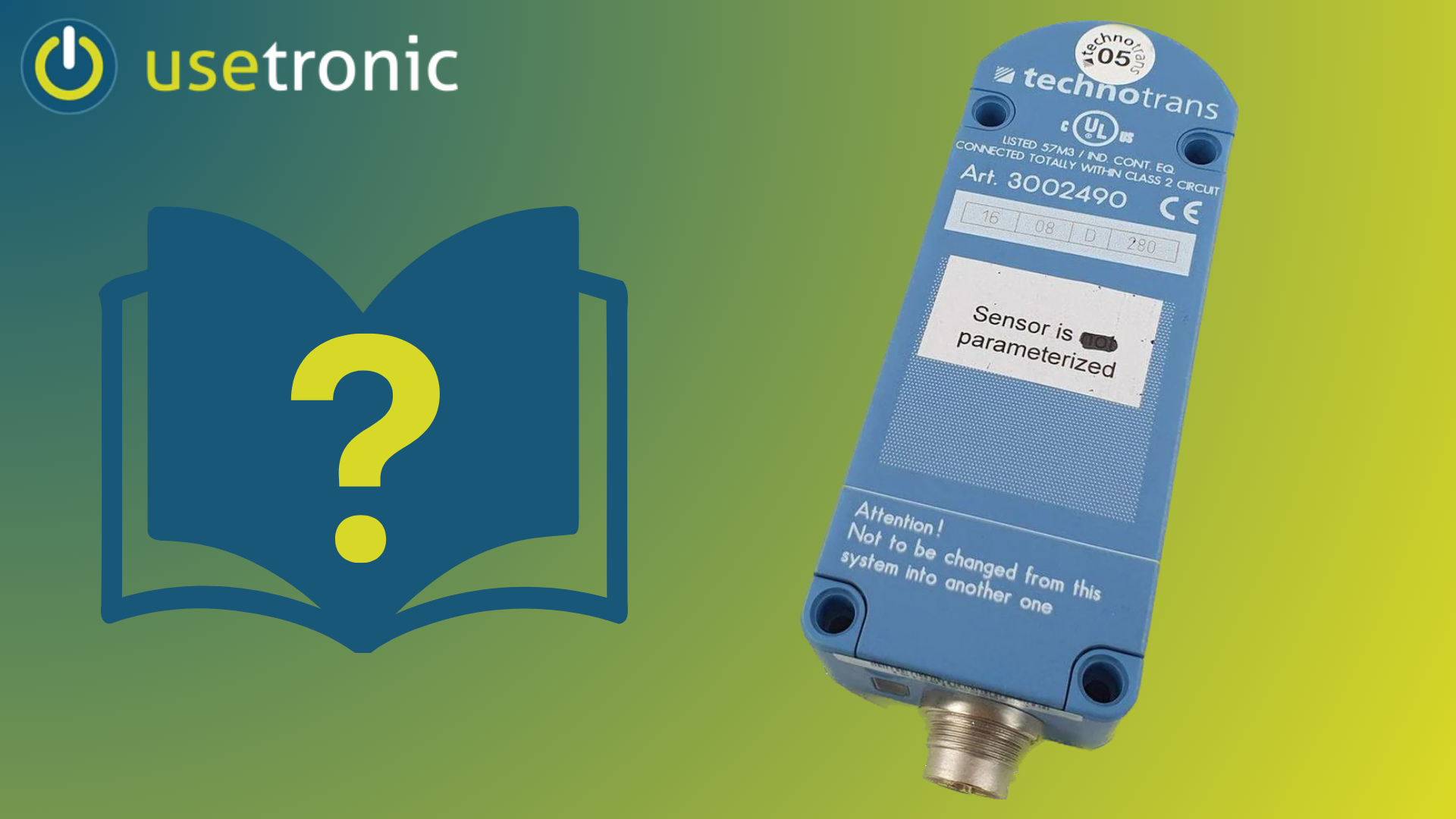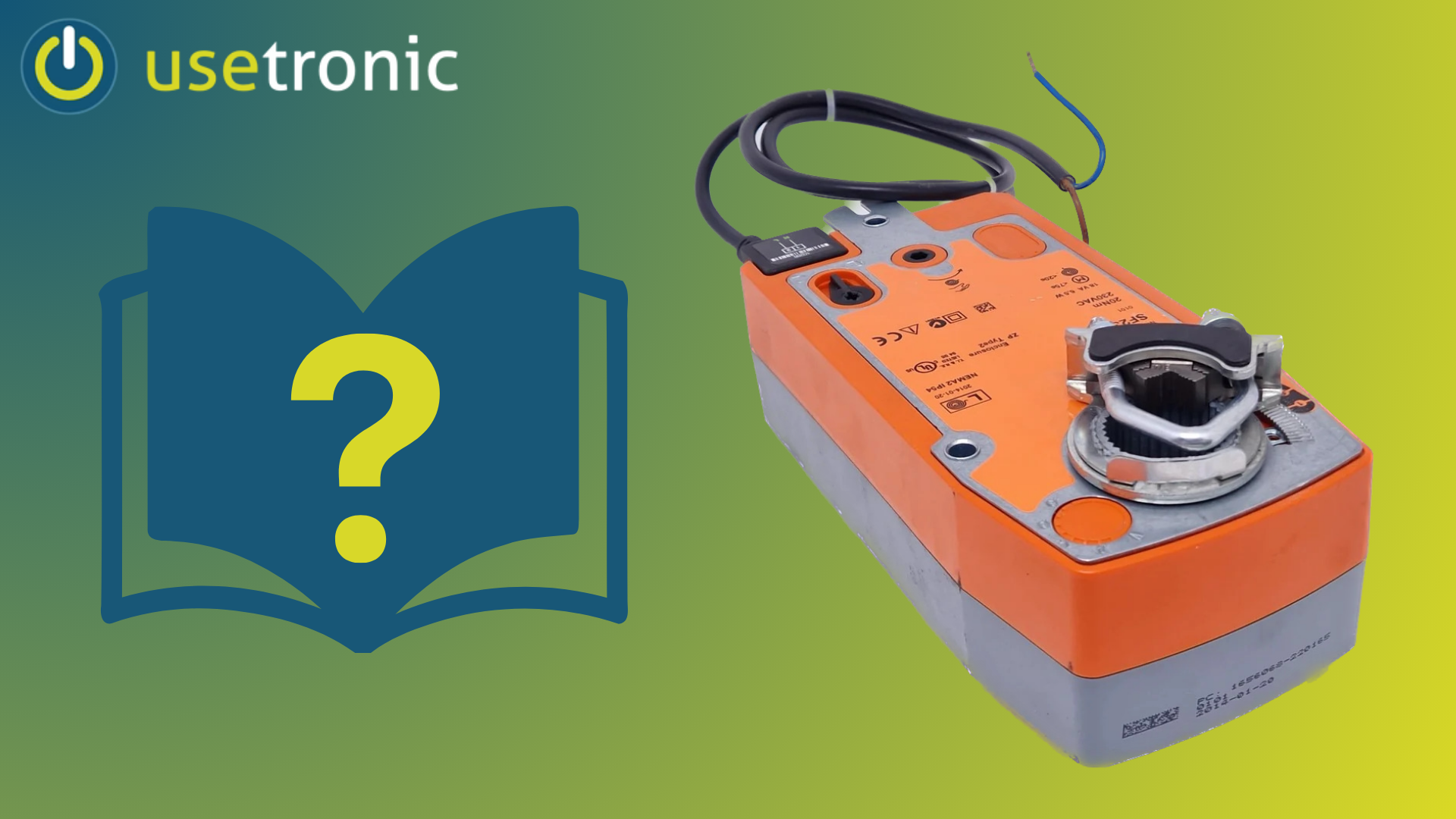What Is a PLC? Simply Explained
A PLC (Programmable Logic Controller) is a digital control system used in automation technology. It replaces traditional wiring with a flexibly programmable control program. PLCs are used to control machines, systems, or processes automatically, safely, and efficiently.
🔧 How Does a PLC Work?
A PLC continuously processes inputs and generates outputs in a recurring cycle. The process includes:
- Reading input signals (e.g., from sensors or switches)
- Processing the programmed control logic
- Outputting control signals to actuators (e.g., motors, valves)
Typical: Cycle times are in the range of a few milliseconds – ideal for real-time control.
⚙️ What Components Make Up a PLC?
- CPU: processes the control program
- Input modules: capture digital or analog signals
- Output modules: control machine components
- Programming interface: for uploading software
- Memory: for programs and process data
🧠 Advantages of a PLC
- ✅ Highly adaptable: changes made via software
- ✅ Reliable & robust: designed for continuous operation
- ✅ Modular scalability: I/O modules can be expanded as needed
- ✅ Network-capable: connects to HMI, SCADA, or cloud systems
⚠️ Disadvantages & Challenges
- ❌ Requires programming knowledge: e.g., in ST, FBD, or LAD
- ❌ Initial investment cost: higher than relay-based systems
- ❌ Manufacturer-dependent: often limited standardization in software
📊 Comparison: PLC vs. Classic Relay Control
| Criteria | PLC | Relay Logic |
|---|---|---|
| Flexibility | ✅ Very high | ❌ Low |
| Maintenance effort | ✅ Low | ❌ High (mechanical components) |
| Cost | 💰 Medium | 💰 Cheap for small applications |
| Application field | 🌐 Industry, manufacturing, process control | 🏠 Simple circuits |
📦 Well-Known PLC Manufacturers
- Siemens (SIMATIC S7)
- Beckhoff
- WAGO
- Schneider Electric
- Mitsubishi Electric
🧠 Conclusion: Why Is a PLC So Important?
PLC systems are the backbone of modern industrial automation. They offer maximum flexibility, reliability, and process safety. Whether in production lines, conveyor belts, or energy systems – PLCs enable automated workflows at the push of a button.
❓ Frequently Asked Questions (FAQ)
▶️ What exactly does a PLC do?
It automatically controls machines and systems by reading sensors and controlling actuators – based on a pre-programmed logic sequence.
▶️ What's the difference between a PLC and a PC-based controller?
A PLC is optimized for industrial use – more robust, fault-tolerant, and real-time capable. A PC is better suited for user interfaces or visualization.
▶️ Which programming languages are used for PLCs?
The standard is IEC 61131-3, including FBD (Function Block Diagram), LAD (Ladder Logic), ST (Structured Text), or SFC (Sequential Function Chart).
▶️ Where are PLCs used?
In industrial automation, mechanical engineering, elevator systems, power plants, logistics, or building automation.

